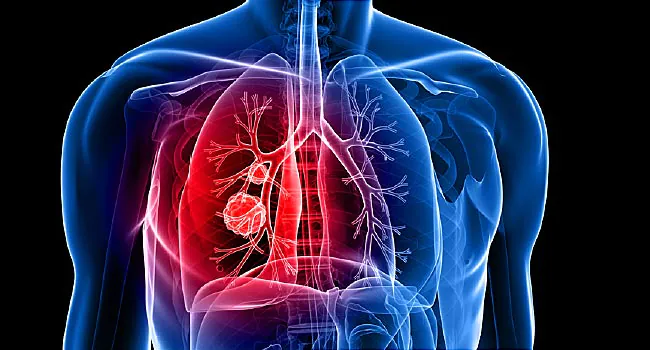What Are The Stages Of Lung Cancer?

One of the many things we dread is going to the hospital and finding out the stages of lung cancer. More often than not, those who have family members who were diagnosed with this disease are often devastated because they know that the survival rate is quite slim. The agonizing wait begins when the doctor waits to conduct a staging system to know if the cancer cells have spread or are confined to a certain space. For this reason, we must know the four stages of lung cancer so that our loved ones can be treated properly. Another thing to consider is for doctors to recognize if a disease is a non-small cell lung malignancy or a small cell anomaly.
Initial Stages Of Lung Cancer
Staging lung cancer is easier said than done because it is dependent on what type it is. Even if doctors can classify the kind of cancer afflicting a person, it is not easy to determine what stage the cancer is. Nevertheless, technology nowadays somehow will determine the type of cancer that will afflict a person. The stages of lung cancer begin with Stage 1; it has no symptoms, and many of us can heave a sigh of relief because surgery can remove the harmful tumors. It also helps that machines like a computed tomography can identify the tumors in that stage.
Stage 2 And 3 Of Lung Cancer
On the other hand, some people I know are diagnosed with Stage 2 disease, but their survival rate is quite high and hovers around fifty to sixty percent. However, patients should not take these tumors for granted because they spread rapidly in nerves, fat cells, and the mediastinal pleura. For some people, Stage 3 cancer manifests itself after doctors let the patients undergo a lobectomy, which dissects the lymph nodes. Although many of us can be discouraged by the findings, the survival rate for this type of cancer is at forty-two percent, which is still high. Moreover, many patients that I know we’re able to survive five to ten years later.
Final Stages Of Lung Cancer
It is a different story, though with Stage 4 Cancer, and I witnessed how my grandfather had to undergo several tests, and it was too late that we discovered that his cancer was at this stage. By that time, surgery was useless because, according to the doctor, his lung cancer has metastasized and spread to his liver. During that period, there was not much progress on treating the disease, and even if there were advanced methods, I doubted if these would have saved my grandfather. Furthermore, the survival rate for this stage was quite low, and we knew that it was only a matter of time for the disease to take his life.
Nowadays, the survival rate of patients has gone up from nil to twenty percent, which is small, but still gives people hope that their loved ones will survive. At the end of the day, knowing the different stages of lung cancer will enable people to prepare their loved ones for any eventuality.
Trending Health Topics
- ADHD
- Allergies
- Arthritis
- Bipolar Disorder
- Bunions
- Car Accidents
- Chron's Disease
- Common Cold
- COPD
- Depression
- Dry Skin
- Dry throat
- Eczema
- Fungal Infection
- GERD
- HIV/AIDS
- Hypertension
- Irritable Bowel Syndrome (IBS)
- Multiple Sclerosis
- Osteoarthritis
- Psoriasis
- Rheumatoid Arthritis
- Skin Disorders
- strep throat
- Type 2 Diabetes
- Uncategorized